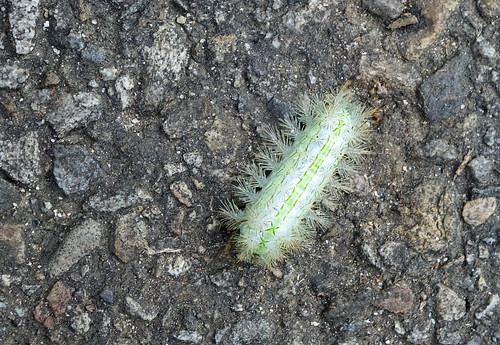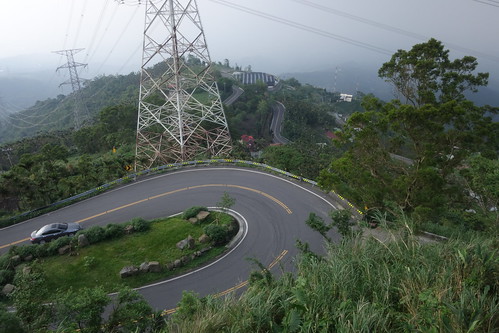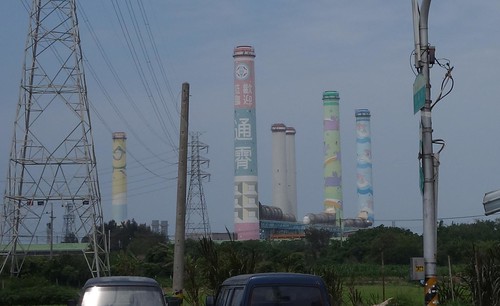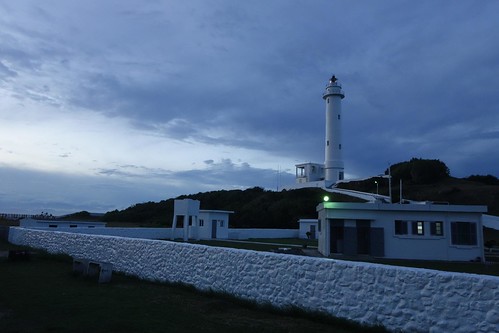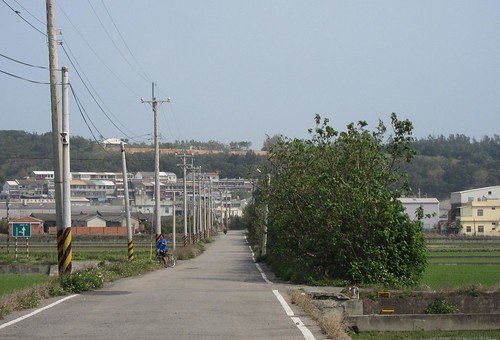Below is from the Nelson Report:
United States and Taiwan Hold Dialogue on Trade and Investment Priorities
Washington, D.C. - U.S. and Taiwan trade authorities concluded the tenth Trade and Investment Framework Agreement (TIFA) Council meeting under the auspices of the American Institute in Taiwan (AIT) and the Taipei Economic and Cultural Representative Office in the United States (TECRO). Ambassador Robert Holleyman, Deputy United States Trade Representative, and Wang Mei-hua, Taiwan's Vice Minister of Economic Affairs, co-led the discussions to enhance the longstanding trade and investment relationship between the United States and Taiwan. Other participants and contributors included AIT and the U.S. Departments of State, Agriculture, Commerce and the Copyright Office.
The TIFA is the key forum for trade dialogue between the United States and Taiwan authorities and covers the broad range of trade and investment issues important to U.S. and Taiwan stakeholders. The U.S. authorities welcomed the concrete steps taken by Taiwan after the conclusion of the 2015 TIFA Council meeting to follow through on important commitments related to intellectual property (IP) protection and enforcement. Taiwan authorities also highlighted progress in addressing technical barriers to trade and fostering transparency in matters related to trade and investment.
At the meeting, the U.S. authorities pressed Taiwan for expeditious resolution of agricultural trade issues, including removal of longstanding and unwarranted barriers to U.S. beef and pork, which is necessary for any deepening of our trade relationship. In the area of IP protection and enforcement, the TIFA talks took stock of progress on pharmaceutical IP protection and committed to strengthen engagement on Taiwan's intellectual property rights legislation, promoting the use of legitimate educational materials, and on enforcement cooperation.
Both sides welcomed the strong exchanges already conducted between the two patent offices and look forward to deepening this cooperation for the benefit of U.S. and Taiwan rights holders and patent applicants. The two sides also pledged to deepen dialogue to streamline time-to-market of medical devices and to improve transparency and procedural fairness in trade and investment matters. The Taiwan authorities provided updates on its regional and multilateral initiatives and highlighted its close cooperation with the United States on various initiatives in the WTO.
Background
The United States and Taiwan have a long-standing and vibrant trade relationship. Taiwan is our 9th largest goods trading partner and a top-10 destination for U.S. agricultural and food exports. U.S. goods and services trade with Taiwan totaled an estimated $86.7 billion in 2015. The TIFA, signed in 1994 under the auspices of AIT and TECRO, provides the principal mechanism for trade dialogue between the United States and Taiwan authorities to expand trade and investment links and deepen cooperation.
MIKE FONTE [DPP'S WASHINGTON DIRECTOR] COMMENTS:
Chris, thanks for the opportunity to discuss:
As noted by USTR, much progress to report on IPR protection and enforcement, addressing technical barriers to trade and fostering transparency in matters related to trade and investment etc. All good.
Ag trade issues remain a stubborn impediment at this point, particularly pork. The Tsai Administration has put together a food safety committee to discuss all food safety issues, issues which have been a significant problem with imports from China, Taiwan products, and the ractopamine problem. US officials have rolled their eyes a bit over this committee's announcement,
but the reality that ractopamine has been publicly touted, by many in Taiwan, as "poison" is one tough issue.
I believe this committee reflects President Tsai's overall governance approach - deal with problems a step at a time striving to be as transparent and communicative as possible. Bring the public along to a consensus position and then move.
The pubic in Taiwan is now feeling its oats on a variety of issues. A slow process, to be sure, but that's democracy. As our friend Winston Churchill noted, "Worst government in the world, except for all the others."
At the recent US-Taiwan Defense Conference, one US participant jokingly said, as we were discussing the decision making process in Taiwan, "Before we used to just pick up the phone and call Hau Pei-tsun and he'd get things done." Yeah, old Hau got things done alright, but with an iron fist. No more, thank Buddha.
_______________________
[Taiwan] Don't miss the comments below! And check out my blog and its sidebars for events, links to previous posts and picture posts, and scores of links to other Taiwan blogs and forums!
